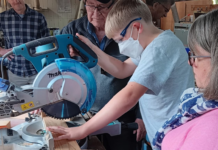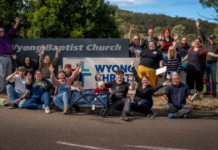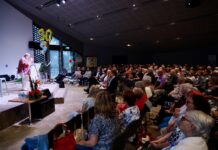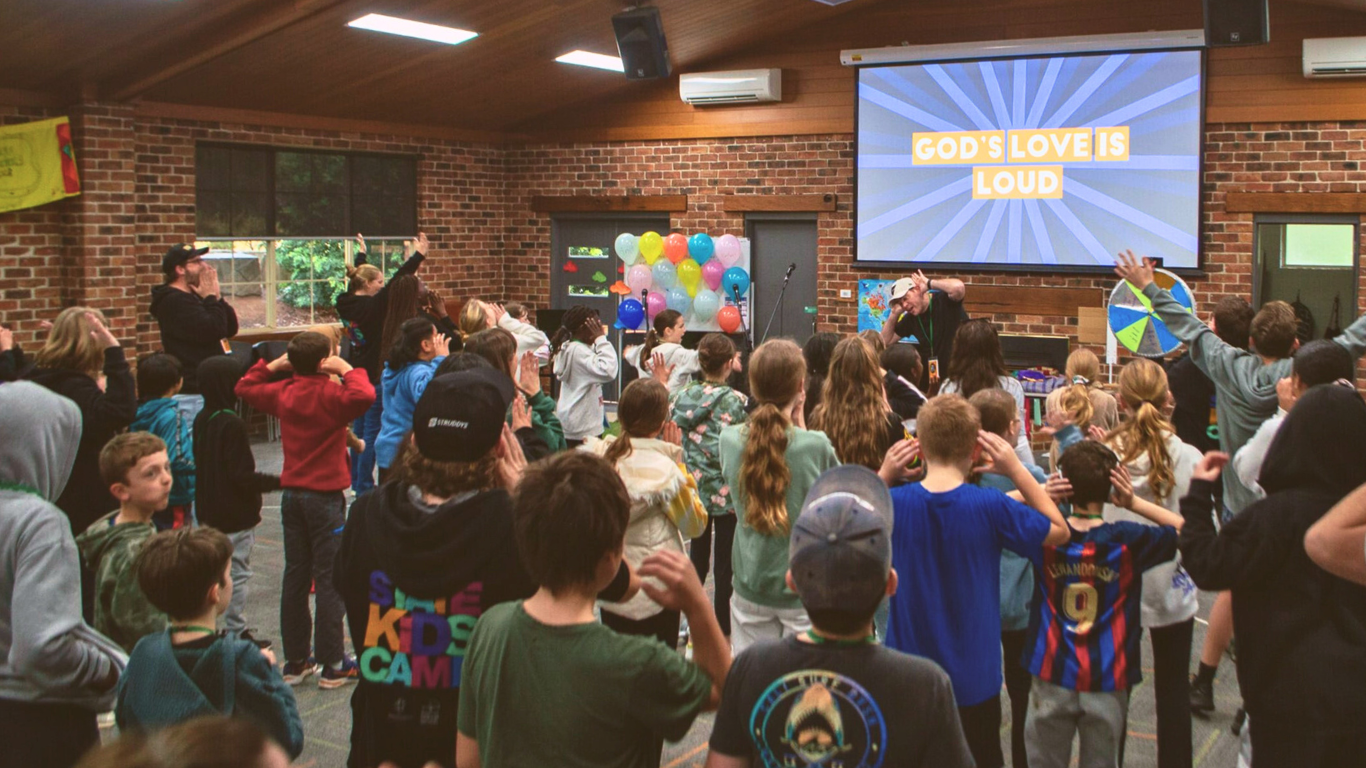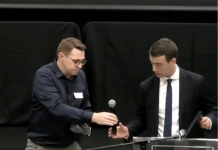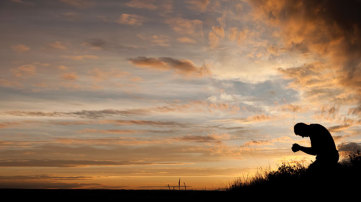Baptist churches across NSW & ACT love their communities in a wide variety of ways. But one thing they have in common is loving their neighbours by doing their best to provide a safe and welcoming place. The Safe Church Health Check (SCHC) was a process developed by the Baptist Association to assist churches to meet legal and moral obligations regarding child safety. It assists churches to adhere to the Child Safe Standards as recommended by the Royal Commission and encourages a process of continued improvement as churches strive to create safe and hospitable environments for all people, particularly those who are vulnerable.
Two churches recently went through the SCHC process and have shared their experiences.
Kurri Kurri Baptist Church is a small regional church west of Newcastle. They run a small kids ministry on Sunday mornings and a monthly bible study at a local aged care facility. But with an aging congregation has an increasing number of members struggling with elements of disability and thus vulnerability. Ali Cowling, their Church Secretary, worked diligently to bring the church on a journey towards being a Safe Church, and their Safe Church Health Check was approved June 2024.
Padstow Baptist Church, a large church in South Sydney, had their SCHC approved in December 2022. Padstow runs a range of kids and youth programs on Sundays and during the week, as well as outreaches into their local community. Leesa Hubbard, their Church Administration, drove the process. In June 2023, Padstow Baptist was the first Baptist church to be audited under the new child safe legislation.
The Reason
Both churches were motivated to go through the SCHC process to protect the vulnerable people they work with.
“It’s about protecting the vulnerable people in our church,” explains Michael Anyway, Pastor at Kurri Kurri Baptist, “young and old, and those who live with a disability. It also protects us and the name of Jesus in our community. You have to understand the heart motivation as to why these policies exists, and help people understand this is about serving God and serving each other. This is loving our neighbour.”
Similarly, Leesa from Padstow Baptist said, “as a church, we feel like we have a heart for children and young people. It’s a strong ministry of our church for our local area, so we really want our church to be a safe place.”
The Buy-In
The SCHC is a church-wide process. With Padstow being a large church, a lot of Leesa’s job was making sure everyone was across what needed to happen and when. “Everybody has to buy into it, otherwise it won’t work,” Leesa explains.
Similarly, being a small, country church with an older congregation, Michael at Kurri Kurri had to spend time getting everyone on board. He found himself being questioned as to why volunteers needed to complete a screening questionnaire. “They’d say, ‘so you’re saying my word’s not enough?’, and I’d need to explain that, as a people of God, we need to do the best we can to be open and transparent to our community and to each other.”
One potential volunteer was confused and hesitant to sign the paperwork, but after an hour of talking through all their questions, was on board and happy to go through the process. “Sometimes it’s just about spending time with people and walking them through it,” reflects Michael. Now she regularly sings out the front of church.
The Process
“We didn’t change the content of the policies that the Baptist Association provided,” explains Michael, “but we changed some of the formatting, and focused on implementing a policy to understand, apply and regularly review the polices.” Kurri Kurri found that regularly emailing the elders and deacons one or two policies/procedures to review, asking them to confirm they’d read and approve it, was a less overwhelming process than reviewing all of documents at once.
With more processes and programs to work with, Padstow spent longer working through the SCHC application and putting the policies and procedures into place. Padstow Baptist had a historical case of child abuse publicly come to light in the years prior to implementing the SCHC. “We’d already been upfront about wanting to be a safe church to make sure this didn’t happen again,” explains Leesa, “we were already doing most of the stuff, the process just became more formalised, such as asking people to sign the Code of Conduct rather than just providing it to them.”
Their Advice
“We were really grateful for the model documents and the clarity of the SCHC process,” says Leesa, “it took a long time to work through it all because of the size of the church, but we got there. It’s helpful to attend the meetings and training offered.” Leesa encourages church struggling with the process to reach out, there are resources available to help.
Similarly, Michael says, “the team at the Baptist Association has team has done a tremendous job at being helpful, upfront, answering questions and being available. The team is there to support you, so let them help you. Take on board their recommendations. If they’re telling you what to look at take advantage of that, they’ve done the work for you.”


